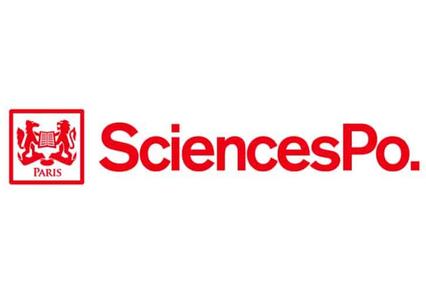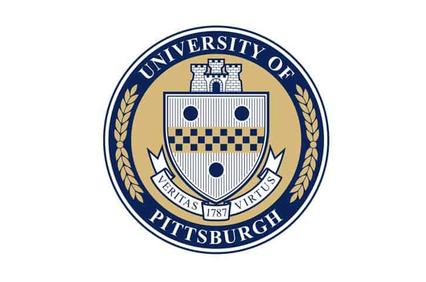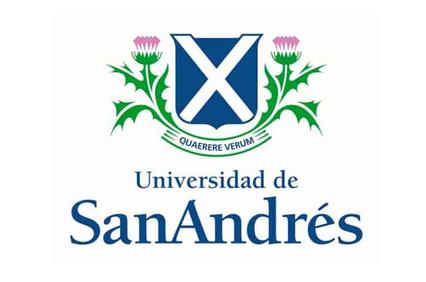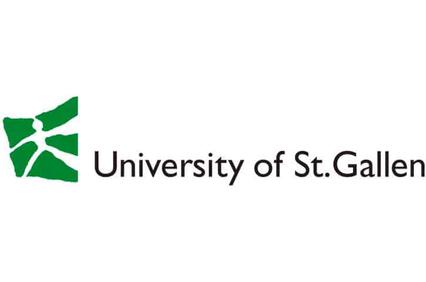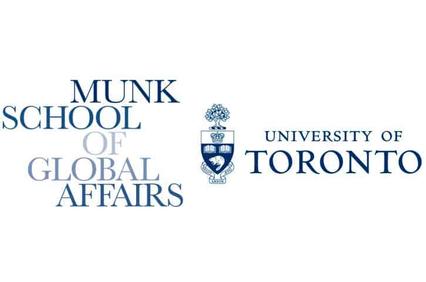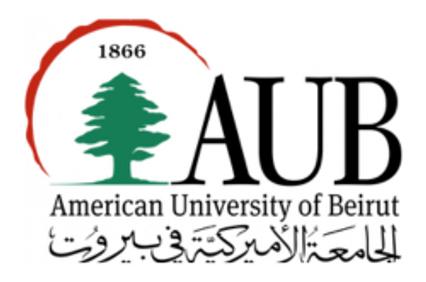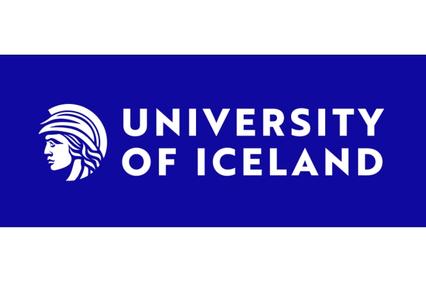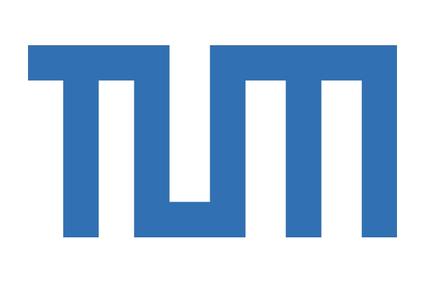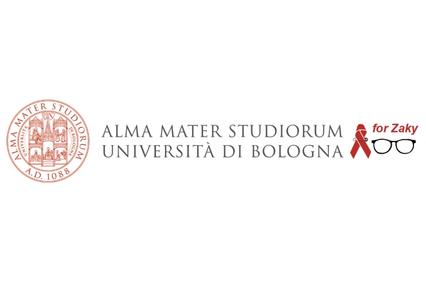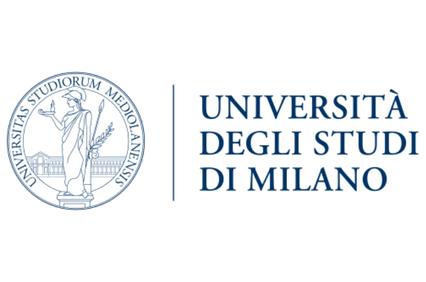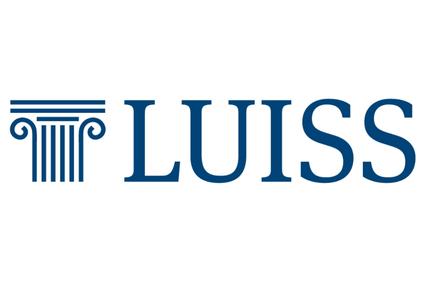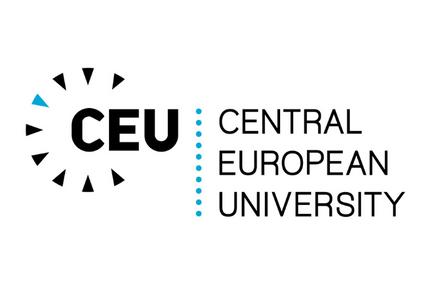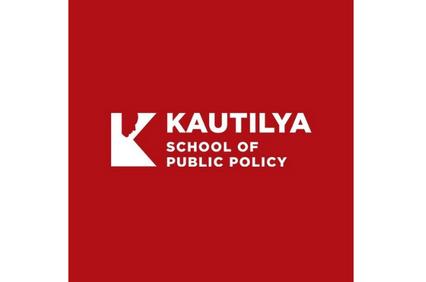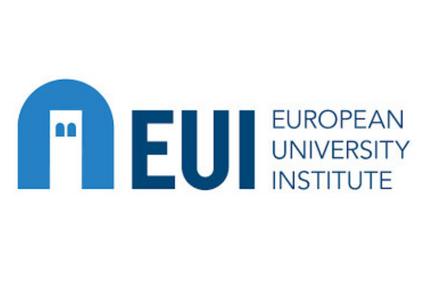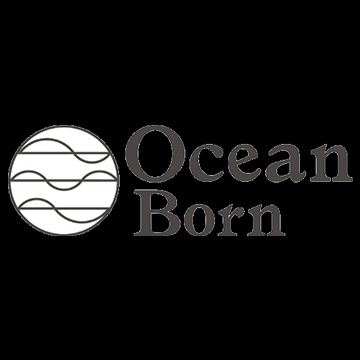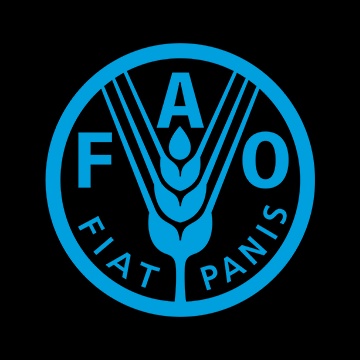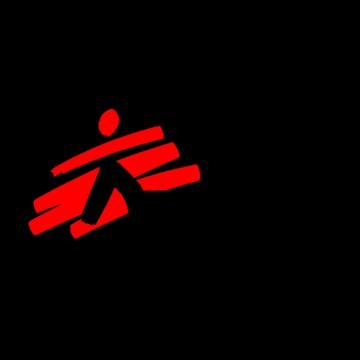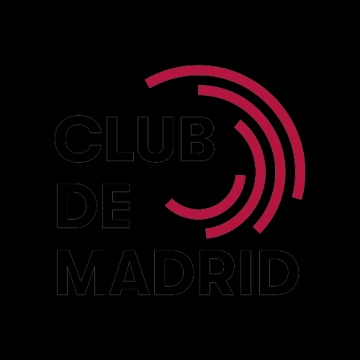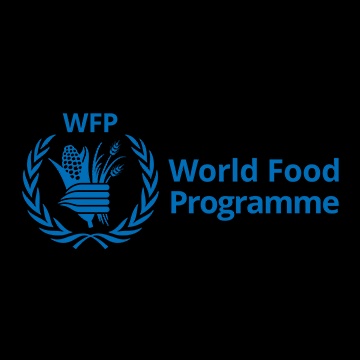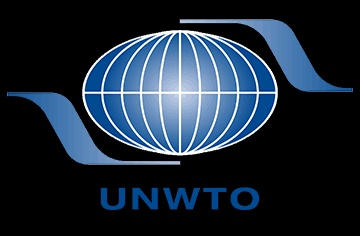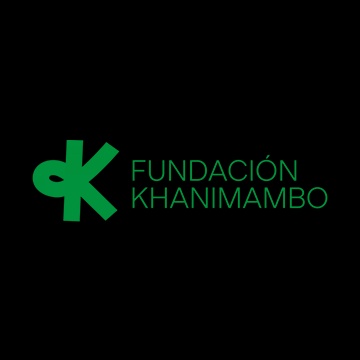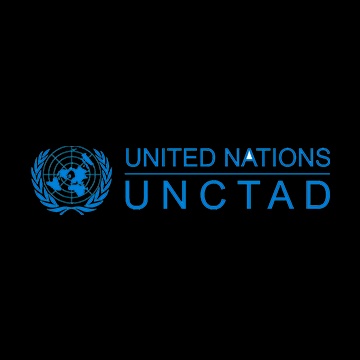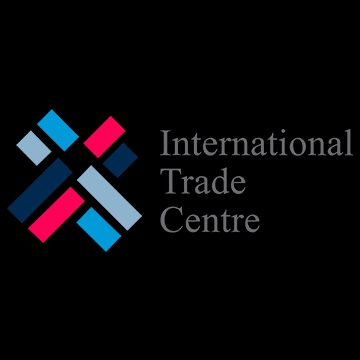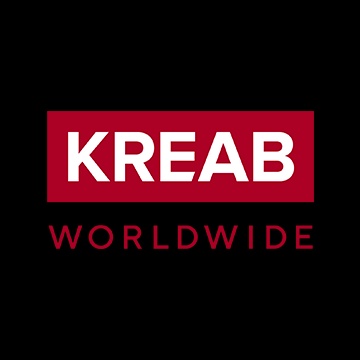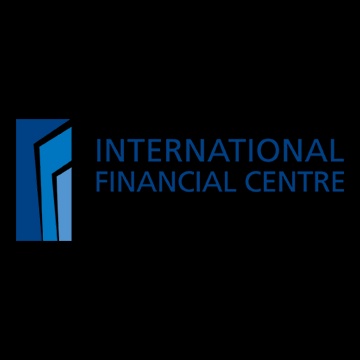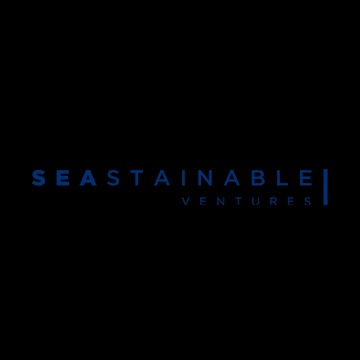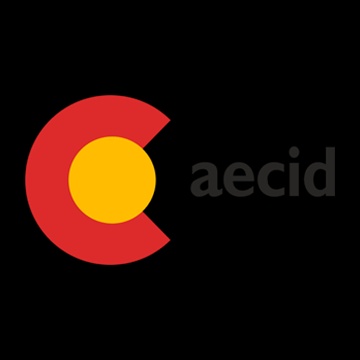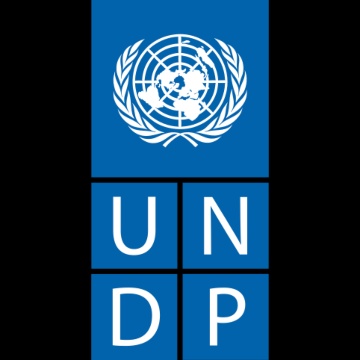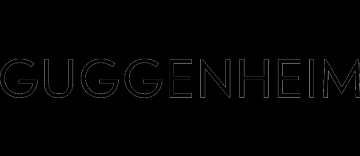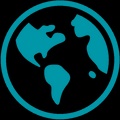
Master in International Development
Master in International Development

A PROGRAM DESIGNED FOR THE FUTURE LEADERS OF THE WORLD
A PROGRAM DESIGNED FOR THE FUTURE LEADERS OF THE WORLD
The Master in International Development is a forward-thinking and comprehensive program designed to align with the principles of the UN's 2030 Agenda for Sustainable Development, which focuses on the 5 P's: people, planet, peace, prosperity, and partnership.
Structured around key thematic areas, this program aims to equip students with a profound understanding of the intricate mechanisms involved in international development. Through a combination of rigorous coursework and practical training, students develop the skills necessary to advance their careers and contribute significantly to global progress.
Moreover, the Master in International Development offers a personalized learning experience. With four specialization tracks available—Development Innovation & Emerging Technologies, Governance & Social Inclusion, Environmental Politics and Climate Action, and Finance, Trade, and Business for Sustainable Development—students have the flexibility to tailor their program to their specific interests and career goals.
The core courses within the program are divided into three areas: Cross-cultural Negotiation and Empowerment, 2030 Sustainable Development Agenda, and Data Analysis and Project Management. These courses provide students with a solid foundation in key areas of international development, preparing them to tackle complex challenges in the field.

WANT TO KNOW MORE?
Cross-cultural negotiation and empowerment
A strong foundation in emotional intelligence and other soft skills will help students grow both personally and professionally, and teach them how to lead teams effectively in multicultural environments. By focusing on case studies, students acquire practical management techniques and learn how to drive long-term positive change in communities.
2030 Sustainable Development Agenda
Students will receive an introduction to the world of development policy, structured around the 5 Ps of the UN's 2030 Sustainable Development Agenda: People, Planet, Prosperity, Peace and Partnership. This will deepen their understanding of the need to drive sustainable, positive growth that respects the environment and local communities.
Data analysis and project management
The next generation of international development professionals needs strong analytical and management skills in order to lead teams and ensure that projects are positive, sustainable and efficient. Students will become familiar with data analysis, project management, impact assessment and risk analysis, and learn to apply this information when designing and implementing development projects.
EXPLORE THE MASTER IN INTERNATIONAL DEVELOPMENT
EXPLORE THE MASTER IN INTERNATIONAL DEVELOPMENT
- PRE-PROGRAM
- TERMS10 Months
- Specialization trackTerm 3
- FINAL PROJECT
- ADD-ONS
- 1st termSeptember - December
- 2nd TermJANUARY- APRIL
- 3rd TermAPRIL- JULY
- DEVELOPMENT INNOVATION & EMERGING TECHNOLOGIES
- ENVIRONMENTAL POLITICS AND CLIMATE ACTION
- GOVERNANCE & SOCIAL INCLUSION
- FINANCE, TRADE, AND BUSINESS FOR SUSTAINABLE DEVELOPMENT
- IMMERSION WEEK IN GENEVA
- PERSONAL & CAREER DEVELOPMENT WORKSHOPS
- CERTIFICATE ON FOUNDATIONS OF SUSTAINABILITY
- Exchanges
- PRE-PROGRAM
- TERMS10 Months
- Specialization trackTerm 3
- FINAL PROJECT
- ADD-ONS

OFFICIAL DEGREE
OFFICIAL DEGREE
Students must fulfill the following requirements to be able to request the issuance of the Official University Degree upon completion of the Master's Program. If educational prerequisites are not provided and/or if the requirements are not met on time, the student will not be able to request the official university degree as issued by the Spanish government. In this case, the studies will not be official under Spanish educational regulations.
FACT SHEET
PROGRAM
Máster Universitario en Desarrollo Internacional / Master in International Development por la IE Universidad
DURATION
10 Months
LANGUAGE
English
CENTRES OF STUDY AND NUMBER OF PLACES
Centro de Estudios Superiores IE (Madrid) – 50 plazas
Total number of credits: 60 ECTS
Distribution of credits and subjects**:
Mandatory subjects – 36 ECTS
Elective subjects– 18 ECTS
Final Project – 6 ECTS
AREA OF KNOWLEDGE
Economic Sciences, Law and Legal Specializations
TEACHING METHODOLOGY
Face-to-face
PROGRAM DATA AND INTERNAL QUALITY ASSURANCE SYSTEM
SPANISH MINISTRY’S REGISTRY OF UNIVERSITIES, CENTRES AND DEGREES
ASSURANCE AGENCY***
ACSUCYL - Informes evaluación Títulos Oficiales
Suggestions, Complaints, and Comments
If you have any suggestions, complaints, or comments, remember that you can contact us at ieuvoice@ie.edu. You may also reach out directly to the director of your degree program.
If your concern is related to discrimination or harassment, click on this link for direct assistance or contact the Director of the Diversity Office by email.
IMMERSION WEEK EXPERIENCE
IMMERSION WEEK EXPERIENCE
During your Master in International Development, you can get a hands-on experience throughout one week while visiting international organizations and learning from top notch experts how they are overcoming the current global challenges in the field.
* Visits to organizations may vary from one year to another.
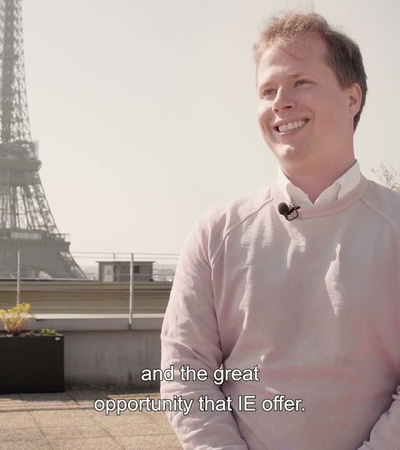
PARTNER UNIVERSITIES FOR THE EXCHANGES
PARTNER UNIVERSITIES FOR THE EXCHANGES
You can personalize your program by spending an additional semester at one of our partner universities worldwide, following the third and final semester in Madrid. Our agreements with these institutions offer you the chance to gain international experience and expand your learning at some of the world's top universities.
NOTE: Spots are limited in all exchange programs. Upon acceptance into an exchange program, there is a fee for reserving your place, but tuition at the partner institution is free of charge. You'll only need to cover your living expenses while there.
SCIENCES PO
UNIVERSITY OF PITTSBURGH
UNIVERSIDAD DE SAN ANDRÉS
UNIVERSITY OF ST. GALLEN
UNIVERSITY OF TORONTO, MUNK SCHOOL OF GLOBAL AFFAIRS
AMERICAN UNIVERSITY OF BEIRUT
UNIVERSITY OF ICELAND
TECHNICAL UNIVERSITY OF MUNICH
UNIVERSITY OF BOLOGNA (ITALY)
UNIVERSITY OF MILAN
LUISS, ROMA
University of Iceland
Central European University (CEU)
Kautilya School of Public Policy
European University Institute (EUI)
CAPSTONE PARTNERS
CAPSTONE PARTNERS
For their final project, students of the Master in International Development can choose between an individual, research-oriented thesis or a practical team-based Capstone Consulting Project. Underneath you can find some of capstone partners for the Master in International Development.
NOTE: The partners listed here are from previous intakes. Partnering institutions may vary from year to year.
WHAT IS A CAPTSONE PROJECT
HEAR FROM OUR STUDENTS
ABOUT THE UNITED NATIONS SYSTEM STAFF COLLEGE
ABOUT THE UNITED NATIONS SYSTEM STAFF COLLEGE
IE School of Politics, Economics & Global Affairs and the United Nations System Staff College have joined forces to build a Master’s degree program to attend to the 2030 Sustainable Development Agenda set by the United Nations.
The United Nations System Staff College (UNSSC) is the center of excellence for training and knowledge management within the UN system, which aims to transform the United Nations into a more effective, results-oriented and agile global organization dissemination.
The UNSSC was established in 2002 by the UN General Assembly to serve the personnel of the United Nations and its affiliates. Since 2015, all of the organization’s research and learning efforts have been geared toward enabling the UN system and partners to address the challenges posed by the 2030 Agenda for Sustainable Development. The UNSSC is headquartered in Turin, Italy, and has a second campus in Bonn, Germany.
IMMERSION WEEK IN GENEVA
Students will enjoy a unique week-long immersion experience in Geneva, where they’ll have an unparalleled opportunity to visit international organizations and network with international development professionals. This will enable them to gain a better understanding of what kind of work awaits them after graduation.
SURROUND YOURSELF WITH UN PROFESSIONALS
Students will engage with top professionals from the UN system as they teach courses and participate in special events such as conferences, seminars, networking events and capstone projects.
JOINT DESIGN OF THE ACADEMIC CURRICULUM
The program’s curriculum focuses on the five P’s: People, Planet, Prosperity, Peace, and Partnership. During the first and second terms, students will touch on each one. They’ll learn how the UN is addressing these issues, and how to tackle them head-on by creating innovative solutions.
CAREER AND INTERNSHIP SUPPORT
Students are encouraged to participate in UN field internships after graduation. IE Career Services helps to facilitate these experiences and provides career guidance.
AWARD OF ACCOMPLISHMENT
Upon completion of the master’s program, each student will receive a certificate of accomplishment from the United Nations.
UNLOCKING A SUSTAINABLE FUTURE WITH UNSSC
UNLOCKING A SUSTAINABLE FUTURE WITH UNSSC
GAIN VALUABLE EXPERIENCE AND PUT THEORY INTO PRACTICE!
GAIN VALUABLE EXPERIENCE AND PUT THEORY INTO PRACTICE!
As a component of the Master in International Development, you'll have the opportunity to engage in hands-on, interactive experiences beyond the classroom. These experiences may vary annually. For instance, there's the H.E.A.T program—a distinctive week-long outdoor activity focused on equipping you with essential knowledge and techniques to handle hazardous situations. Discover how you can acquire and utilize practical skills to tackle real-world challenges.
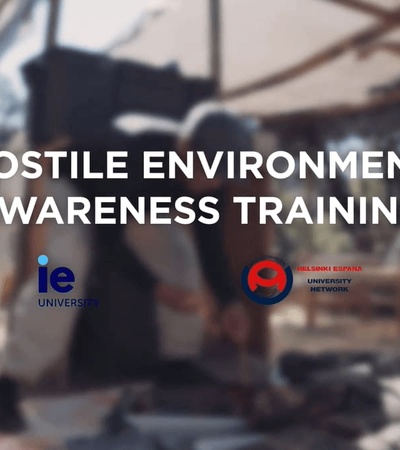
Frequently Asked Questions
Frequently Asked Questions
What are the courses under International Development?
As one of the best international development graduate programs in the world, the study plan revolves around the five P’s of the UN 2030 Agenda for Sustainable Development: people, planet, peace, prosperity and partnership. Coursework includes data analysis, project management, cross-cultural negotiation, empowerment, specialization tracks, and Capstone Projects.
How long does a masters in international development take?
The Master in International Development is 10 months long and is complemented by an immersion week in Geneva.
Is a Master in International Development hard?
IE University’s Master in International Development is designed for students who thrive under an intensive academic workload.
Where can I study International Development in Europe?
IE University’s Master in International Development, developed in collaboration with the United Nations System Staff College, offers students unique insights into international relations, economics, politics, social entrepreneurship and development.
